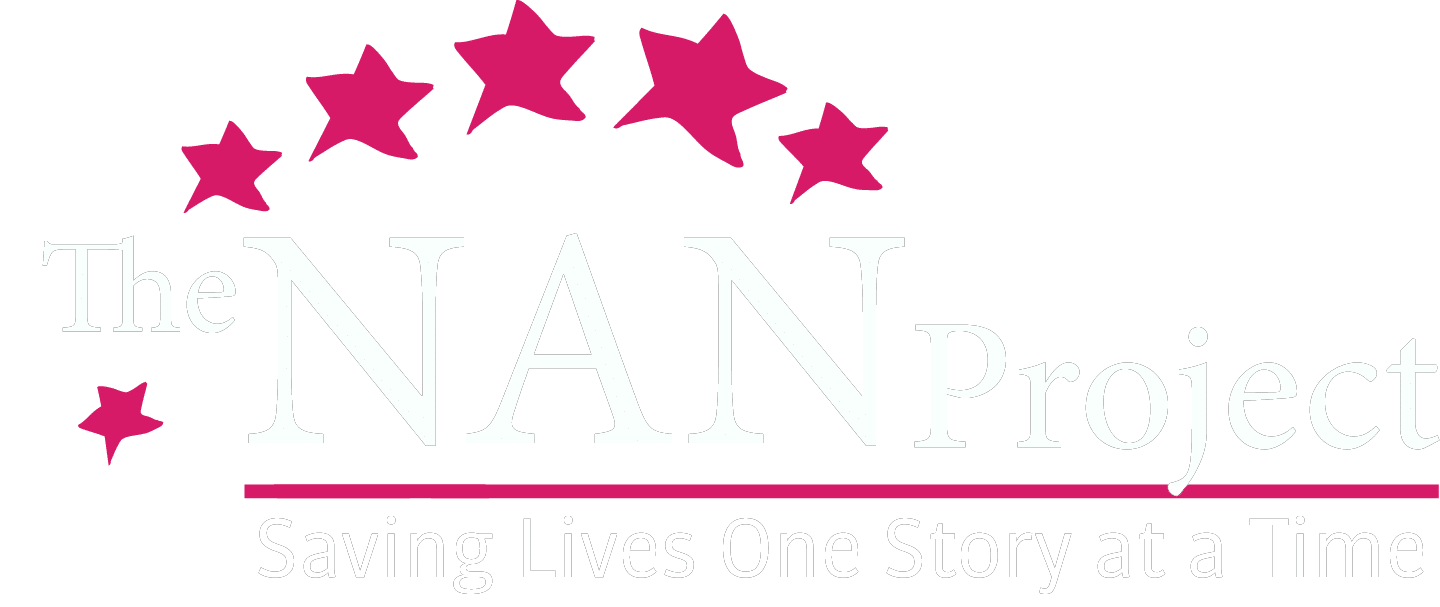PM Slider
Who we are
TNP Provides New Student Supports
Our First College Peer Mentor Training & A Peer Mentor Update
My Fitness and Mental Health Journey
The NAN Project Celebrates Pride Month 2022
Peer Coordinator Spotlight – Erica
Peer Mentor Spotlight: Alison Sabean
Peer Mentor Spotlight: Andrew Christopher
Peer Mentor Spotlight: Jocelyn Cote-Pedraza
Sarah Dickie PM Spotlight Interview
Elli Peltola – Peer Mentor Spotlight
